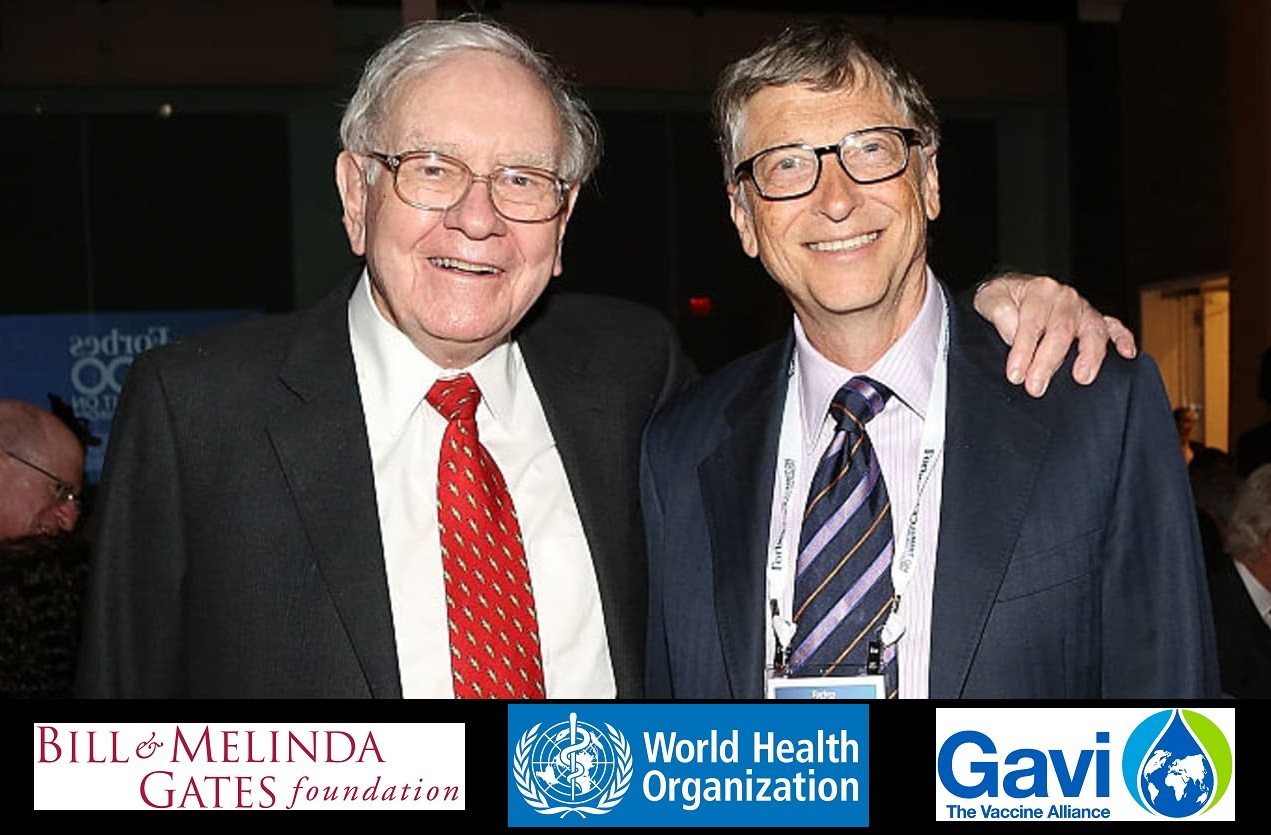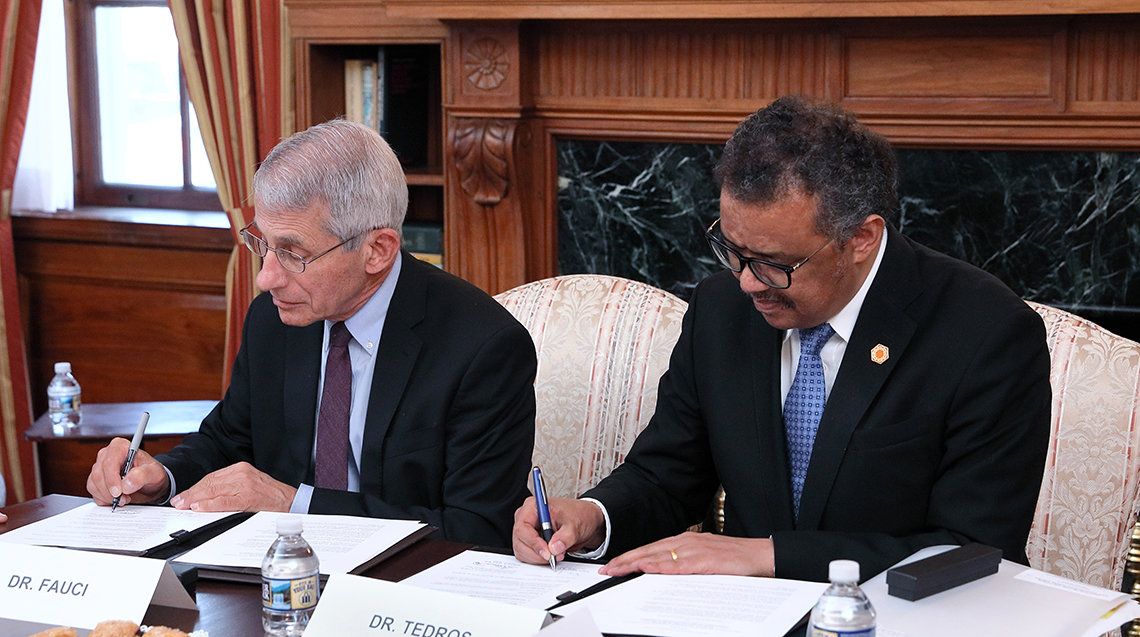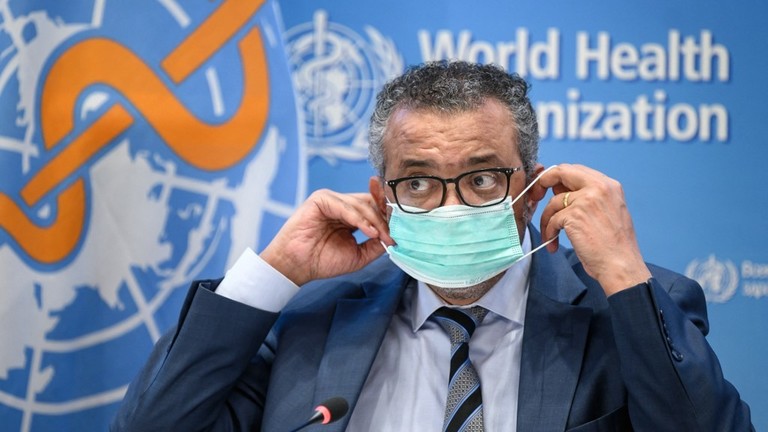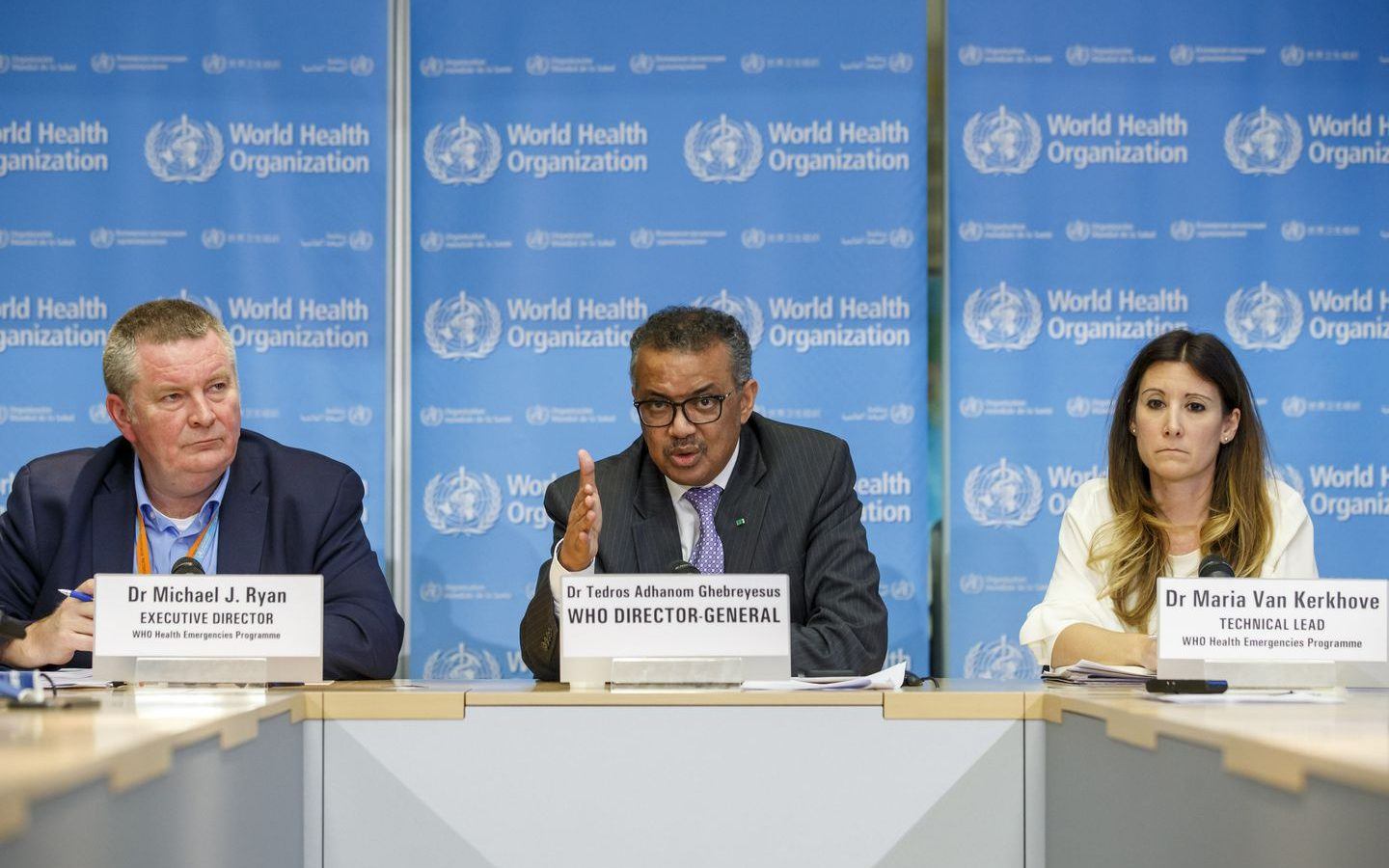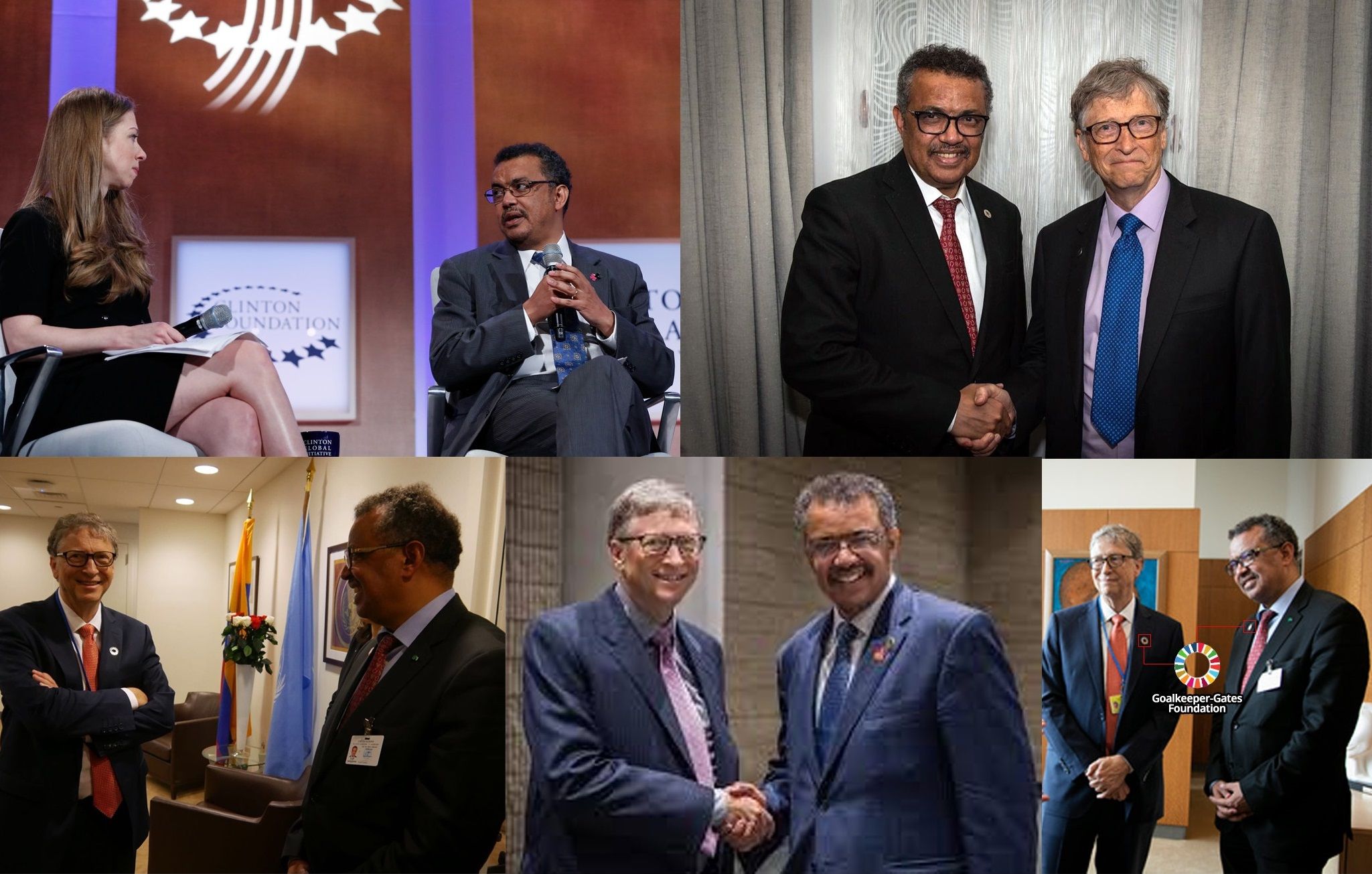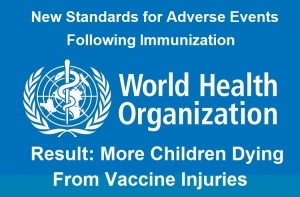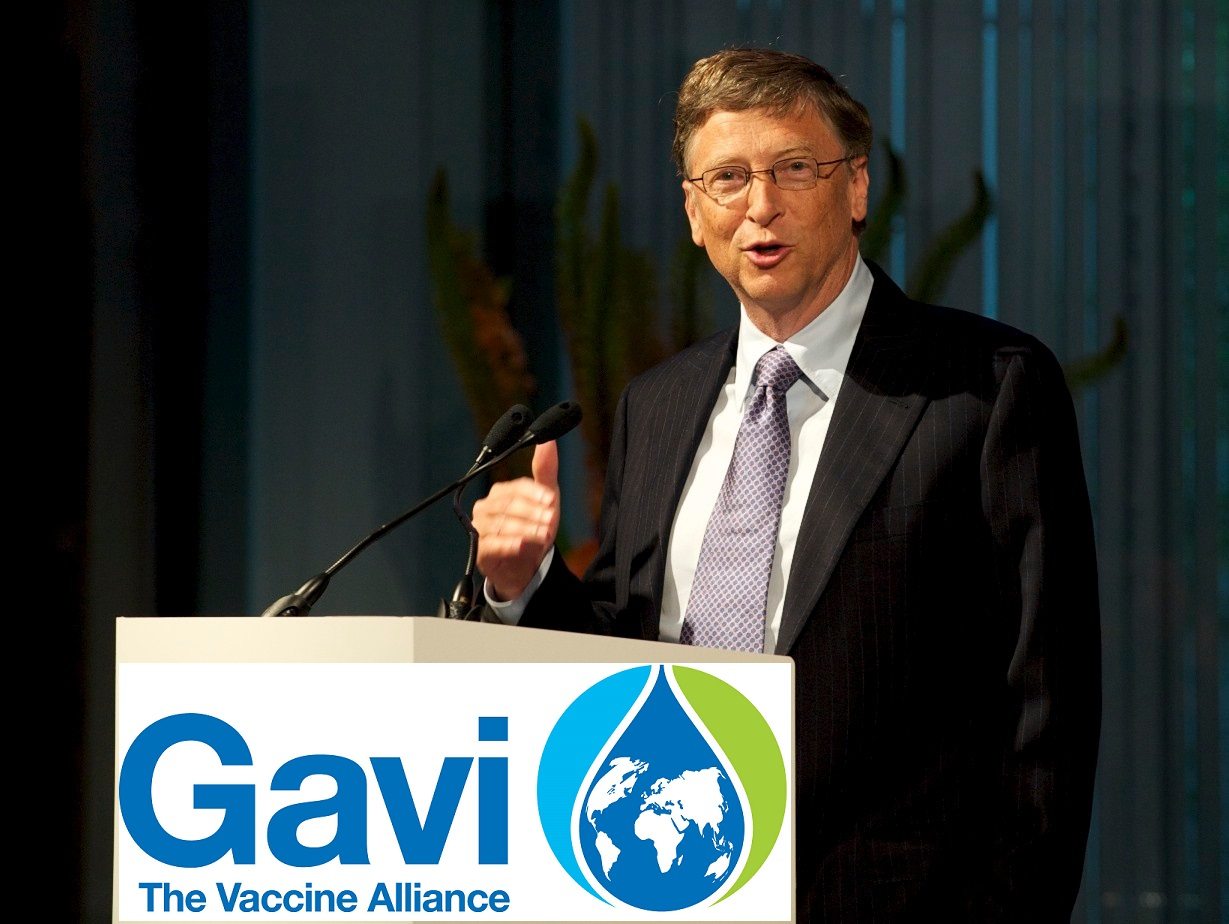The World Health Organization (WHO), a pair of articles recently published in The BMJ have revealed, is sponsoring an experimental study of a controversial malaria vaccine among African children without obtaining informed consent from parents.
Data from prior clinical trials of the vaccine, manufactured by the British multinational pharmaceutical corporation GlaxoSmithKline (GSK), have shown it to be associated with an increased risk of clinical malaria after four years, a tenfold increased risk of meningitis, an increased risk of cerebral malaria (in which the parasitic organisms block the flow of blood to the brain, causing swelling and potential brain damage), and an increased risk of death that was disproportionately higher for female children.
Concerningly, apart from failing to properly inform parents about the risks or even letting parents know that their children are being experimented upon, the WHO intends to make a decision based on this trial about whether to recommend the vaccine for routine use throughout sub-Saharan Africa after just twenty-four months of study, which is not enough time to determine the vaccine’s effect on mortality.
This is especially concerning in light of scientific research showing that other non-live vaccines—such as the diphtheria, tetanus, and whole-cell pertussis (DTP) vaccine—are associated with an increased rate of childhood mortality. The WHO, however, has dismissed this evidence and continues to recommend the DTP vaccine for routine use in children in developing countries.
The behavior of policymakers at the WHO, while highly alarming, is not at all surprising given the organization’s conflicts of interest, including industry funding and members of its vaccine advisory group having financial ties to pharmaceutical companies.
It should be of great concern to every free-thinking inhabitant of this planet that the WHO and UN, along with state governments around the world, are pushing for an ever-increasing number of childhood vaccinations while ignoring scientific evidence that doesn’t suit their political and financial agendas and while prejudicing the individual right to informed consent.




